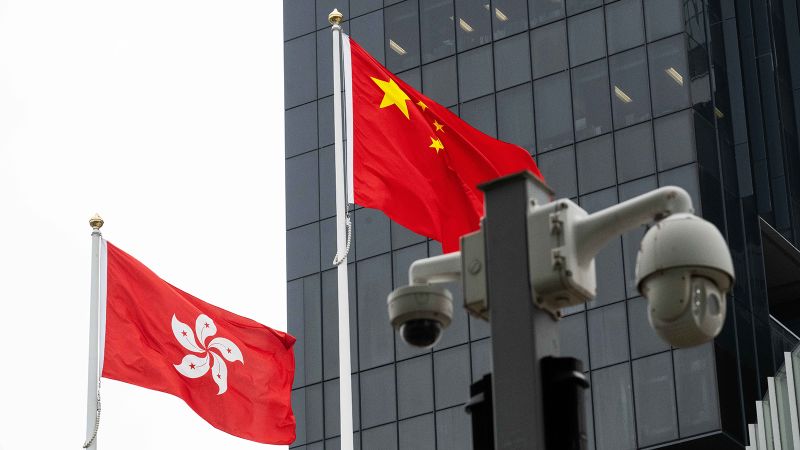…
Though it consistently ranks among the world’s safest big cities, police in the Asian financial hub say the new cameras are needed to fight crime – and have raised the possibility of equipping them with powerful facial recognition and artificial intelligence tools.
That’s sparked alarm among some experts who see it as taking Hong Kong one step closer to the pervasive surveillance systems of mainland China, warning of the technology’s repressive potential.
Hong Kong police had previously set a target of installing 2,000 new surveillance cameras this year, and potentially more than that each subsequent year. The force plans to eventually introduce facial recognition to these cameras, security chief Chris Tang told local media in July – adding that police could use AI in the future to track down suspects.



London has been close to China for 30 years by that logic
deleted by creator
First of all, fuck China. Second of all, I need to give my government ID to register a phone number in Europe. An ID with a cookie cutter photo that requires straight-ahead angles, ears visible, no glasses, etc. They weren’t like that 30yrs ago, where you used to have a photo at a slight angle, looking natural. Shitloads of cameras in my city, enough for there to be a sign under the nameplate that says 'city is surveilled". The only difference here is who is doing the survailance and how they are using it. I imagine had the government been far right, they would’ve used them similar to how China does.
Looks like China’s got a pretty large lead, even relative to London.
https://www.comparitech.com/vpn-privacy/the-worlds-most-surveilled-cities/
I wonder how this changes if you adjust it for land size instead. As someone living in Singapore, I’d be surprised if it wasn’t at least the top 3.
The China one is worse, not everyone lives in cities.
But damn they have so many cameras there.
In terms of surveillance. It has been.
Have you been to Beijing?